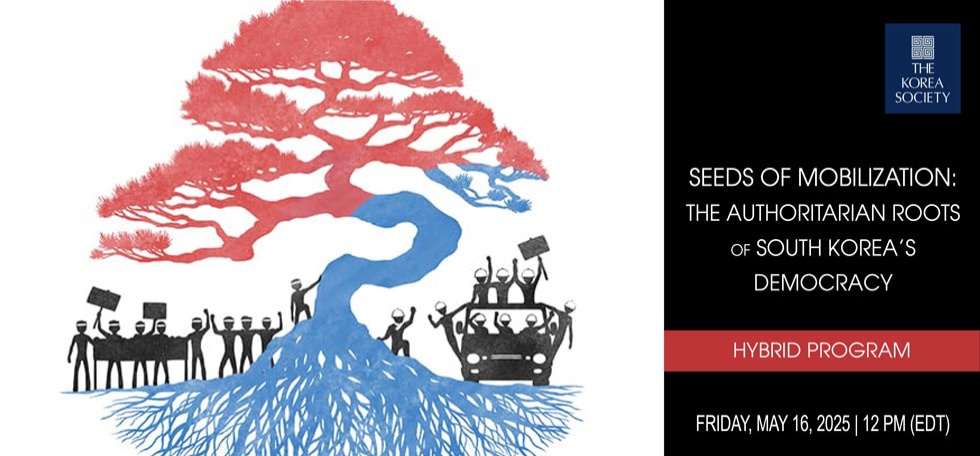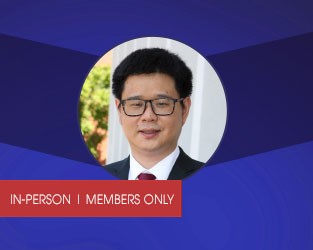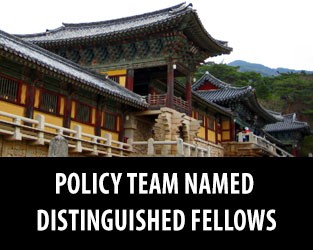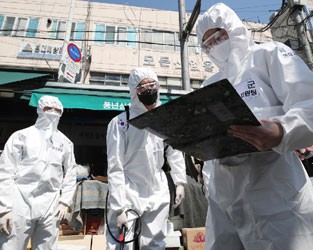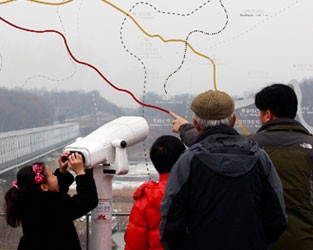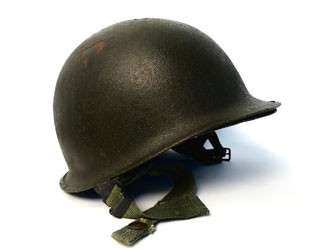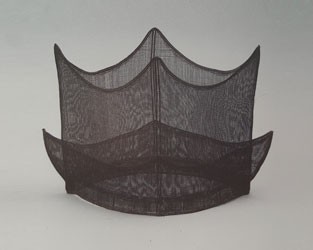![]()
Council on Foreign Relations Director of the Program on US-Korea Policy and Senior Fellow Scott A. Snyder, Atlantic Council Senior Fellow and former U.S. National Intelligence Officer for North Korea Markus Garlauskas, and Stimson Center nonresident fellow Rachel Minyoung Lee join Senior Director Stephen Noerper and Policy Director Jonathan Corrado for a discussion of the latest developments on and around the Korean Peninsula and thoughts on how media, members, and analysts current and aspiring might best hone skills and insights on Korea. As premier analysts with unique insights, Snyder, Garlauskas, and Lee speak to tropes, prejudice and generalizations that stymy sound analysis and suggest ways to approach Peninsular affairs anew.
What Makes a Great Korea Analyst?
Thursday, November 4, 2021 | 12 PM
The Korea Society
350 Madison Avenue, 24th Floor
New York, NY 10017
ABOUT THE SPEAKERS:
 |
| Scott A. Snyder |
|
Scott A. Snyder is senior fellow for Korea studies and director of the program on U.S.-Korea policy at the Council on Foreign Relations (CFR). His program examines South Korea’s efforts to contribute on the international stage; its potential influence and contributions as a middle power in East Asia; and the peninsular, regional, and global implications of North Korean instability. Mr. Snyder is the author of South Korea at the Crossroads: Autonomy and Alliance in an Era of Rival Powers (January 2018) and coauthor of The Japan-South Korea Identity Clash: East Asian Security and the United States (May 2015) with Brad Glosserman. He is also the coeditor of North Korea in Transition: Politics, Economy, and Society (October 2012), and the editor of Global Korea: South Korea’s Contributions to International Security (October 2012) and The U.S.-South Korea Alliance: Meeting New Security Challenges (March 2012). Mr. Snyder served as the project director for CFR’s Independent Task Force on policy toward the Korean Peninsula. |
 |
| Markus Garlauskas |
|
Markus Garlauskas is a nonresident senior fellow with the Scowcroft Center for Strategy and Security of the Atlantic Council, as well as an adjunct professor in Georgetown University's Security Studies graduate program. Garlauskas served in the US government for nearly twenty years. He was appointed to the Senior National Intelligence Service as the National Intelligence Officer (NIO) for North Korea on the National Intelligence Council from July 2014 to June 2020. As NIO, he led the US intelligence community’s strategic analysis on North Korea issues and expanded analytic outreach to non-government experts. He also provided direct analytic support to top-level policy deliberations, including the presidential transition, as well as the Singapore and Hanoi summits with North Korea.Garlauskas served for nearly twelve years overseas at the headquarters of United Nations Command, Combined Forces Command and US Forces Korea in Seoul. His staff assignments there included chief of the Intelligence Estimates Branch and director of the Strategy Division. For his service in Korea, he received the Joint Civilian Distinguished Service Award, the highest civilian award from the Chairman of the Joint Chiefs of Staff. |
 |
| Rachel Minyoung Lee |
|
Rachel Minyoung Lee is a nonresident fellow with the 38 North Program at the Stimson Center. Lee was a North Korea collection expert and analyst with Open Source Enterprise under the CIA from 2000 to 2019. During that time, she wrote on a broad range of North Korean issues, from leadership, domestic politics and economy, and foreign policy, to social and cultural developments. She strategized and led collection and analysis from OSE’s Seoul office in some of the most momentous years in recent North Korean history, including the years leading up to and following Kim Jong Un’s succession, the series of missile and nuclear tests, and the two Kim-Trump summits. |

